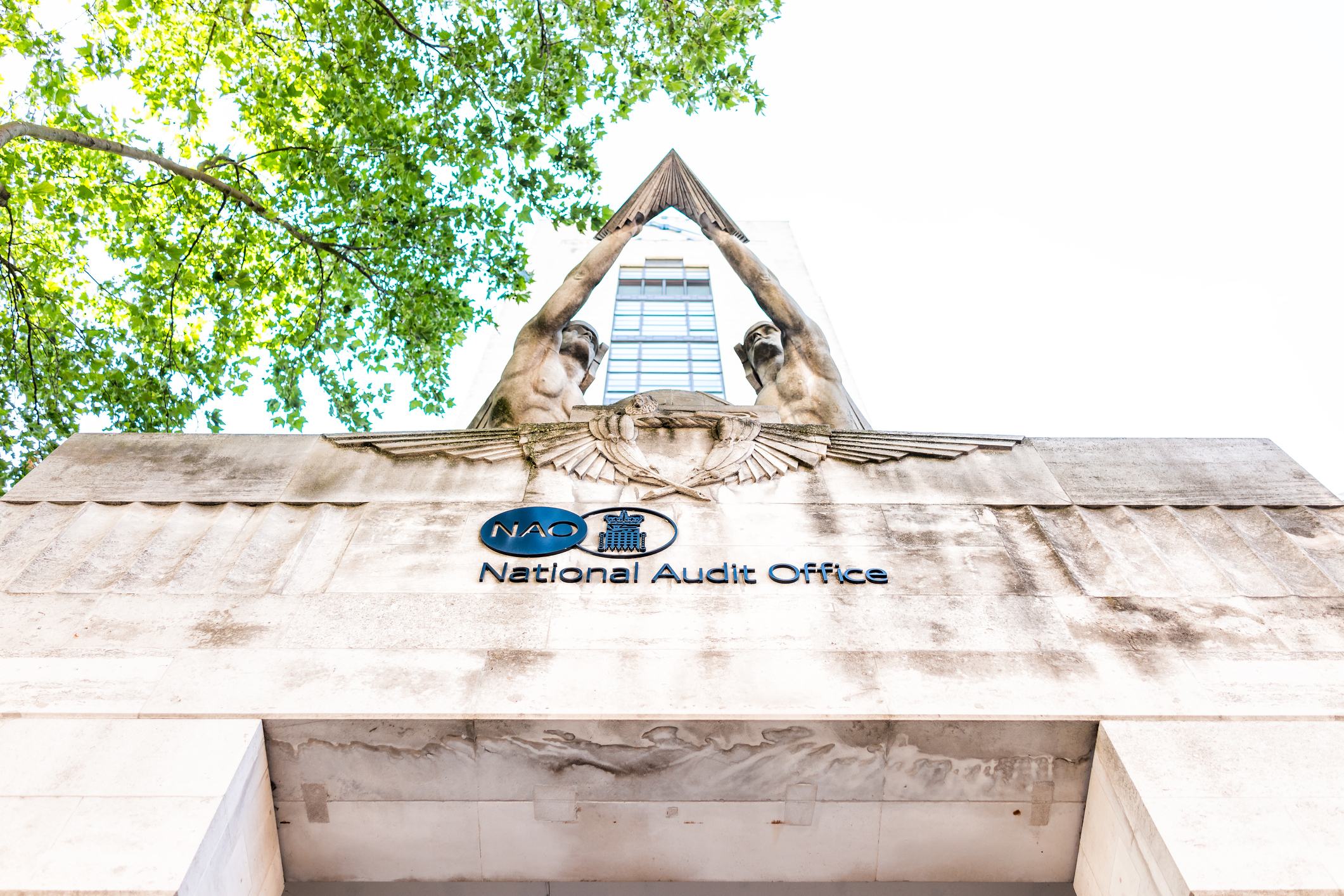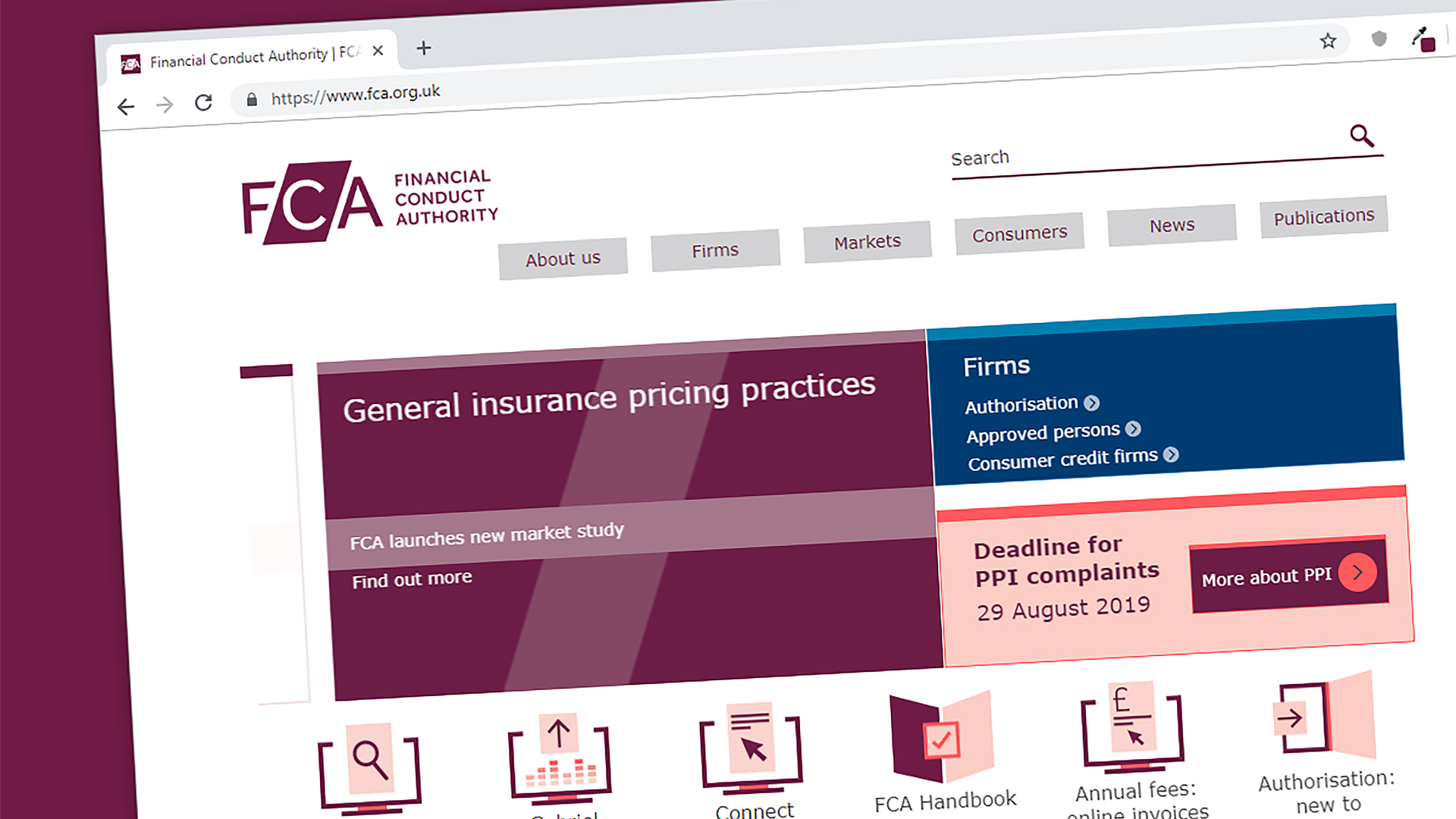Harmful ads and scams to be included in Online Safety Bill
Ofcom will have the power to issue a fine of up to £18 million pounds – or 10% of the company’s global annual turnover


Sign up today and you will receive a free copy of our Future Focus 2025 report - the leading guidance on AI, cybersecurity and other IT challenges as per 700+ senior executives
You are now subscribed
Your newsletter sign-up was successful
Social media sites and search engines will have a legal duty to “do more” to protect UK users from harmful, fraudulent and misleading advertisements.
This is according to the latest update to the Online Safety Bill, which aims to regulate the UK’s digital landscape.
It comes as the Department for Digital, Culture, Media & Sport (DCMS) and the Home Office launched a consultation into improving the “transparency and accountability” of the UK’s online advertising market – the largest and fastest-growing in Europe.
If the legislation is passed, regulator Ofcom will have the power to verify whether social media sites and search engines such as Facebook and Google have implemented systems to “prevent and remove fake adverts”.
If the platforms are caught falling short, the watchdog will be able to not only block the service from functioning in the UK but also issue a fine of up to £18 million pounds or 10% of the company’s global annual turnover.
Culture secretary Nadine Dorries said that the legislation comes amid “calls to strengthen our new internet safety laws”.
“These changes to the upcoming Online Safety bill will help stop fraudsters conning people out of their hard-earned cash using fake online adverts,” she added.
Sign up today and you will receive a free copy of our Future Focus 2025 report - the leading guidance on AI, cybersecurity and other IT challenges as per 700+ senior executives
One of the people campaigning for stronger e-safety regulations is Which? chief executive Anabel Hoult, who described the government’s announcement as “great news” that “could make a huge difference to stemming the tide of fake and fraudulent ads on social media and search engines”.
However, Hoult also called for legislators to ensure that Ofcom is equipped with “the support and resources it needs to hold companies to account and take strong enforcement action where necessary”.
According to Geraint Lloyd-Taylor, partner in the advertising and marketing team at law firm Lewis Silkin, the watchdog will have to ensure that tech giants take the legal duty to protect their users from harmful ads seriously.
This will include “taking reasonable steps to ensure those ads don’t make it onto their platforms in the first place, and ensuring that ‘repeat offenders’ are banned from placing harmful ads on their platforms”.
“If platforms fail in those duties, it is very likely Ofcom will be empowered to impose significant financial penalties. The advertisers themselves will continue to answer to the Advertising Standards Authority (ASA), as the ASA will continue to be the relevant regulator when it comes to the content of those ads," he told IT Pro.
RELATED RESOURCE

Improve security and compliance
Adopting an effective security and compliance risk management approach
"In more serious cases of fraudulent and scam ads, the police and other regulators will continue to play a role in prosecuting the individuals and companies that created and paid for the scam ads, though that is easier said than done in practice."
Lloyd-Taylor also described the latest addition to the Online Safety Bill as “not unexpected”.
“The two committees that recently reported back on the draft Online Safety Bill [i.e. the Joint Committee and DCMS sub-committee] both recommended that some types of harmful paid-for advertising should be included in the scope of the updated Bill,” he added.
Online content fraud levels spiked at the start of the COVID-19 pandemic and reached record numbers in 2021. COVID-related scams, such as duping victims with promises of life-saving medication, vaccines, or financial support, were especially popular, with cyber criminals raking in £34.5 million in the first 12 months of the pandemic.
In April 2020, days after the NCSC reported that it had taken down 2,000 online scams, of which 471 were from fake online shops, Google announced that all advertisers would have to be verified before they are allowed to buy ad space on the search engine’s platform.
Having only graduated from City University in 2019, Sabina has already demonstrated her abilities as a keen writer and effective journalist. Currently a content writer for Drapers, Sabina spent a number of years writing for ITPro, specialising in networking and telecommunications, as well as charting the efforts of technology companies to improve their inclusion and diversity strategies, a topic close to her heart.
Sabina has also held a number of editorial roles at Harper's Bazaar, Cube Collective, and HighClouds.
-
 ITPro Best of Show NAB 2026 awards now open for entries
ITPro Best of Show NAB 2026 awards now open for entriesThe awards are a fantastic opportunity for companies to stand out at one of the industry's most attended shows
-
 Mistral CEO Arthur Mensch thinks 50% of SaaS solutions could be supplanted by AI
Mistral CEO Arthur Mensch thinks 50% of SaaS solutions could be supplanted by AINews Mensch’s comments come amidst rising concerns about the impact of AI on traditional software
-
 UK gov criticised after £5bn in Bounce Back Loans paid to fraudsters
UK gov criticised after £5bn in Bounce Back Loans paid to fraudstersNews A National Audit Office report has also branded plans to recover 0.1% of stolen funds "inadequate"
-
 SMBs urged to update software ahead of Black Friday
SMBs urged to update software ahead of Black FridayNews NCSC identified 4,151 online shops compromised using vulnerability within e-commerce platform Magento
-
 Senator Warren calls for cryptocurrency regulation
Senator Warren calls for cryptocurrency regulationNews Crusader against Big Tech warns of the rising risks posed by unregulated crypto markets
-
 Today’s FCC deadline forces telcos to combat robocalls
Today’s FCC deadline forces telcos to combat robocallsNews Mandated technology will help reduce phone number spoofing
-
 Google clamps down on financial fraud with new ad restrictions
Google clamps down on financial fraud with new ad restrictionsNews The move comes after it was revealed that the FCA pays Google £600,000 a year to run anti-fraud ads
